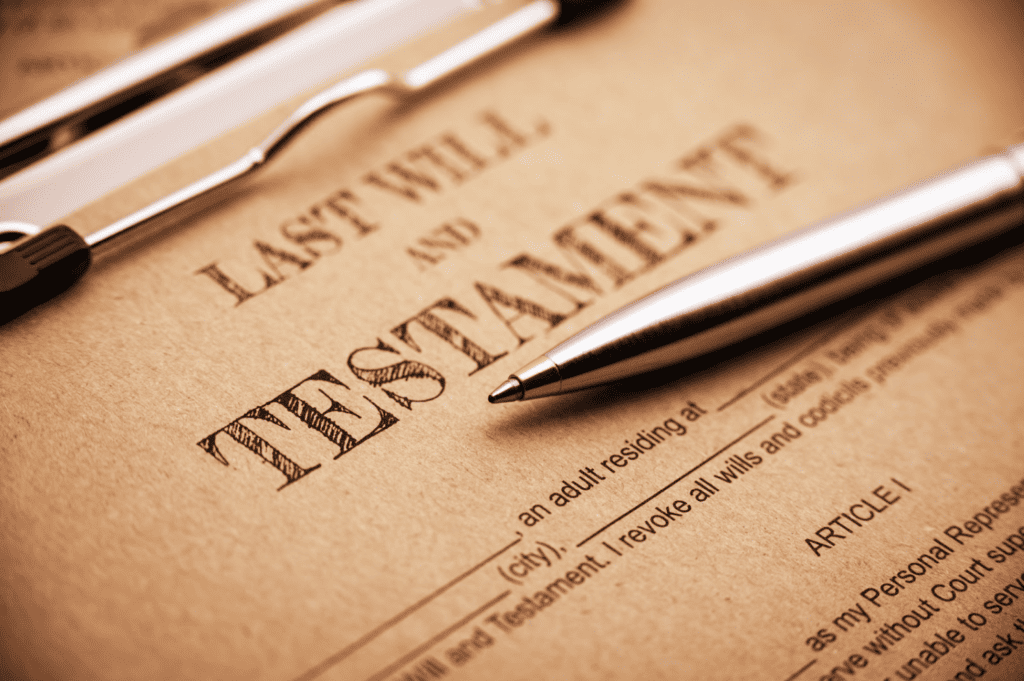The Best Time to Update Your Estate Plan
When was the last time you thought to review and update your estate plan? It is a frequent misconception that once your estate plan is in place, it needs no further adjustments or review. However, as life is filled with exciting milestones as well as hardships, it is crucial that you regularly update your estate plan as life is constantly evolving. Planning an estate is a beneficial way to manage and protect your assets and ensure that your wishes and desires will be fulfilled after death. In this article, we will explore the importance of frequent revision of your estate plan and key life events that prompt reevaluation.

Why is it necessary to continuously review your estate plan?
Life is constantly filled with ups and downs including new births, deaths, marriages and divorces and it is important to be prepared for any situation. Regularly reviewing your estate plan can ensure that it aligns with your current circumstances and desires. This will allow you to address any recent changes in your family, designate beneficiaries and update other important information including appointing guardians for children. Periodic revision of your plan can lessen the potential for disputes among beneficiaries and family members and ensures that your wishes and desires are up to date.
Your financial situation is prone to change throughout your life. You may obtain and sell assets or might start a business which can have ramifications on your estate plan. By taking the proper steps to protect your assets, including updating your estate plan, you can ensure that they are distributed in alignment with your desires and lessen the potential for challenges in the future.
Additionally, Laws and policies are not static and they are always subject to change. Failing to be informed about recent policy changes can have implications on your estate plan. It is important to stay up to date about recent tax laws because it will provide you with the opportunity to maximize tax savings. Consulting with an estate planning attorney can help you ensure that your plan aligns with the most recent laws and regulations.
When is the best time to review my estate plan?
Below is a list of some essential life events after which you should consider reviewing and updating your estate plan accordingly.
- Marriage or divorce- Whether you and your partner are joining lives through marriage, or separating through divorce, these events call for a review of your estate plan. Updating your plan after these life events provides you with an opportunity to account for your spouse, consider children from previous relationships as well as modify beneficiary designations.
- Birth or adoption of a child- The welcoming of a new child into your life is an exciting milestone, and also prompts for an updated estate plan. A new child may encourage you to add guardians for your child and set up trusts in preparation of your child’s financial future.
- Changes in your financial circumstances- Your plan should be reviewed thoroughly and updated in the event of substantial changes in your financial situation. For example, after the buying and selling of assets or receiving an inheritance, it is important to take advantage of new financial opportunities by updating your plan.
- Death of a loved one- If a loved one or beneficiary in your plan passes away, it is essential to make the necessary adjustments to your plan including the addition of new beneficiaries.
- Relocation- Moving to another state or country is a major event that requires the revision of your estate plan. Different states and countries have different laws and regulations in regard to tax and estate, therefore, in order to ensure your plan aligns with the local laws, it is necessary to review your plan and make the appropriate adjustments.
- Changes in laws- Laws are constantly evolving and they are always subject to change. Therefore, when estate and tax laws are created or changed, it is important to review your plan and make sure it conforms to the current legal policies.
- Retirement- As you approach retirement, it becomes especially important to address things such as income planning and healthcare in your estate plan as well as ensuring the future protection of your assets.
Regularly updating your estate plan is a crucial responsibility that should not be overlooked. Life can be extremely unpredictable, between family and financial circumstances, and it is essential to ensure your plan is up to date. Doing so can protect both your assets and your loved ones. To consult with a knowledgeable and experienced estate planning attorney, please contact the Trust and Estate Planning Law Office at (718) 333–2395.


















